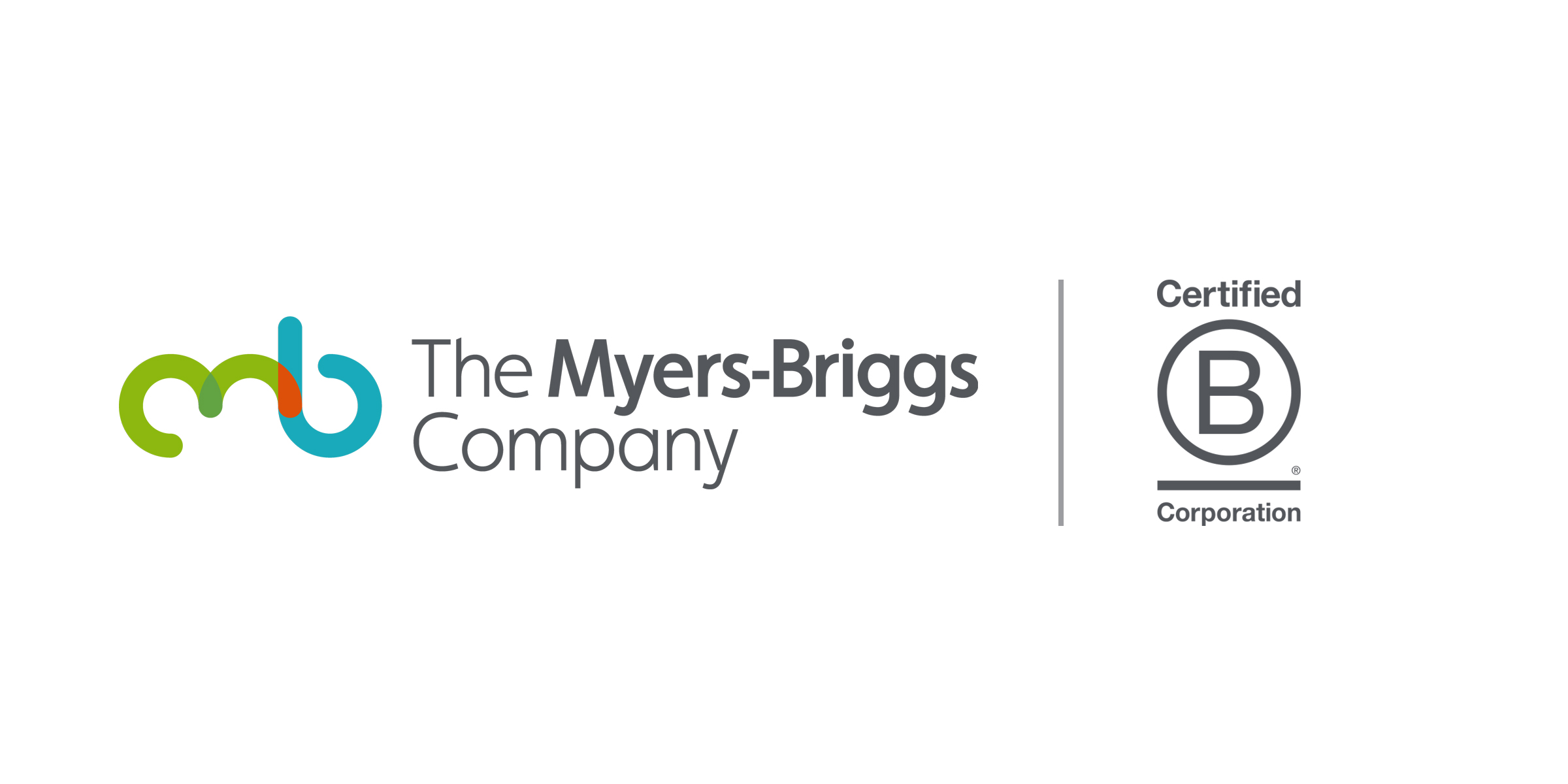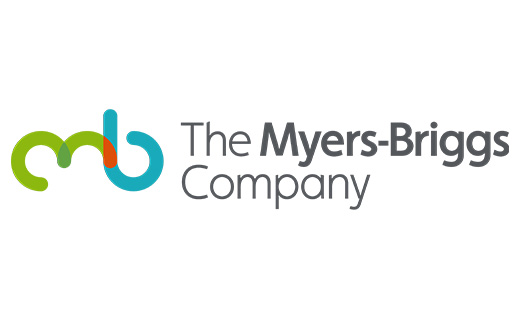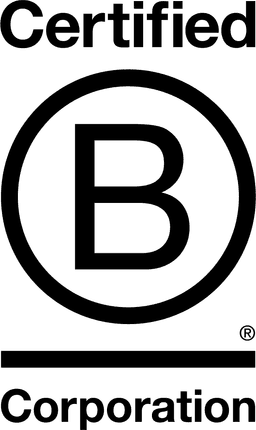

The Myers-Briggs Company

1.6
California, United States
October 2018
Other human health
Service with Minor Environmental Footprint
Australia,
France,
Germany,
Netherlands The,
Singapore,
United Kingdom,
United States
People are incredible, and incredibly complex. In this fast-moving, technology-centric world, we’re more “connected” than ever, but we don’t always connect. The Myers-Briggs Company's goal is to help people make those connections more meaningful and successful – at work, home, college, and everywhere in between. They empower individuals to be the best versions of themselves by enriching self-awareness and their understanding of others, and help organizations around the world improve teamwork and collaboration, develop inspirational leaders, foster diversity and solve their most complex people challenges. Their powerfully practical solutions are grounded in a deep understanding of the significant social and technological trends that affect people and organizations. They’ve been developing and publishing assessments for over 60 years, and delivering consultancy and training expertise for more than 30 years. With a global network of offices, partners and certified independent consultants in 115 countries, products in 29 languages, and experience working with 88 of the Fortune 100 companies, The Myers-Briggs Company's dynamic team is focused on making their customers’ ideal real. https://www.youtube.com/watch?v=Y1BFTSfROvU
Overall B Impact Score
Governance 20.1
Governance evaluates a company's overall mission, engagement around its social/environmental impact, ethics, and transparency. This section also evaluates the ability of a company to protect their mission and formally consider stakeholders in decision making through their corporate structure (e.g. benefit corporation) or corporate governing documents.
What is this? A company with an Impact Business Model is intentionally designed to create a specific positive outcome for one of its stakeholders - such as workers, community, environment, or customers.
Workers 31.9
Workers evaluates a company’s contributions to its employees’ financial security, health & safety, wellness, career development, and engagement & satisfaction. In addition, this section recognizes business models designed to benefit workers, such as companies that are at least 40% owned by non-executive employees and those that have workforce development programs to support individuals with barriers to employment.
Community 23.4
Community evaluates a company’s engagement with and impact on the communities in which it operates, hires from, and sources from. Topics include diversity, equity & inclusion, economic impact, civic engagement, charitable giving, and supply chain management. In addition, this section recognizes business models that are designed to address specific community-oriented problems, such as poverty alleviation through fair trade sourcing or distribution via microenterprises, producer cooperative models, locally focused economic development, and formal charitable giving commitments.
Environment 12.6
Environment evaluates a company’s overall environmental management practices as well as its impact on the air, climate, water, land, and biodiversity. This includes the direct impact of a company’s operations and, when applicable its supply chain and distribution channels. This section also recognizes companies with environmentally innovative production processes and those that sell products or services that have a positive environmental impact. Some examples might include products and services that create renewable energy, reduce consumption or waste, conserve land or wildlife, provide less toxic alternatives to the market, or educate people about environmental problems.
Customers 9.3
Customers evaluates a company’s stewardship of its customers through the quality of its products and services, ethical marketing, data privacy and security, and feedback channels. In addition, this section recognizes products or services that are designed to address a particular social problem for or through its customers, such as health or educational products, arts & media products, serving underserved customers/clients, and services that improve the social impact of other businesses or organizations.
What is this? A company with an Impact Business Model is intentionally designed to create a specific positive outcome for one of its stakeholders - such as workers, community, environment, or customers.